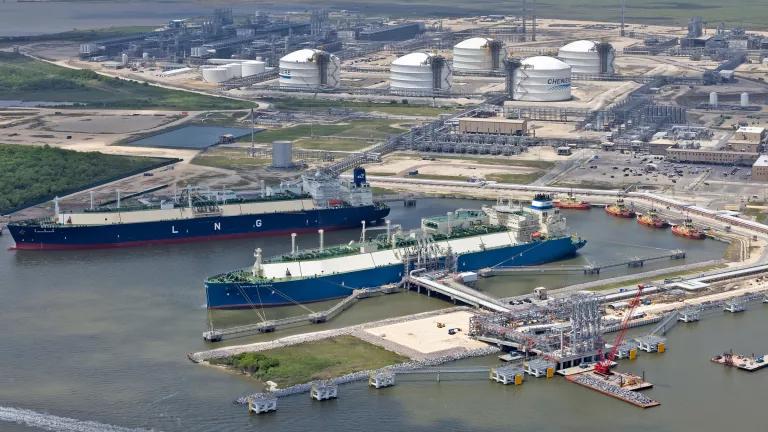
This report is co-authored with Alex Doukas (Oil Change International), Ipek Gençsü (Overseas Development Institute), Ivetta Gerasimchuk (Global Subsidies Initiative), Yanick Touchette (Global Subsidies Initiative), Shelagh Whitley (Overseas Development Institute), and Leah Worrall (Overseas Development Institute).
The G7 and other countries are undergoing a significant energy transition to the use of more low-carbon technologies and away from fossil fuels. However, G7 governments continue to subsidize coal, oil, and gas production and use, which delays or impedes critical transitions to wind, solar, and other alternatives.
At every summit since 2009, the G7 has committed to a phase out of fossil fuel subsidies. In 2016, countries agreed to phase out fossil fuel subsidies by a deadline of 2025. This report documents the progress countries have made thus far to improve government reporting on subsidies, enhance pledges for eliminating subsidies, and eliminate subsidies within each G7 country.
Unfortunately, there has been limited action to address fossil fuel subsidies. In addition, there are limited mechanisms put in place for defining and documenting the full extent of these governments’ fossil fuel subsidies and for holding countries accountable for achieving their pledges. Key country-specific findings from the report include the following:
- G7 countries provided about USD$100 billion in fiscal support and public finance for fossil fuels each year.
- France ranked high thanks to progress in phasing out support to fossil fuel production and fossil-fuel based power.
- The United States ranked last on progress in removing fossil fuel subsidies due to the massive amount of subsidies for fossil fuel exploration and production, as well as for backtracking on previous pledges to end support to fossil fuels.
- The United Kingdom scored lowest on transparency.
- Canada, which holds the G7 presidency this year, scored highly on ending support to coal mining, fossil fuel-based power, and fossil fuel use. However, Canada ranked poorly on reforming support to oil and gas production because it spends the most money per capita subsidizing oil and gas production.
- Japan ranks very poorly because of its continued subsidies for fossil fuel exploration and production, and because it provides billions in taxpayer dollars for building highly polluting coal plants in some of the most climate-vulnerable countries overseas.
Overall, G7 governments are still dedicating vast public resources to finding and using fossil fuels and are at serious risk of not delivering on their commitment to phase-out subsidies by 2025. No G7 country received a perfect score on its commitment to end subsidies. All G7 countries will need to improve.
Ending fossil fuel subsidies will free up government resources to support real public goods such as health, education, and security. To meet the 2025 deadline to end fossil fuel subsidies, the G7 must put in place mechanisms for defining and documenting the full extent of their support to the production and consumption of oil, gas, and coal. It’s time for the G7 to establish systems for holding themselves accountable—and supporting each other—to eliminating fossil fuel subsidies.
The report concludes with recommendations for how the G7 can develop a roadmap towards ending fossil fuel subsidies by 2025.
Publications in PDF format are available from Overseas Development Institute:



